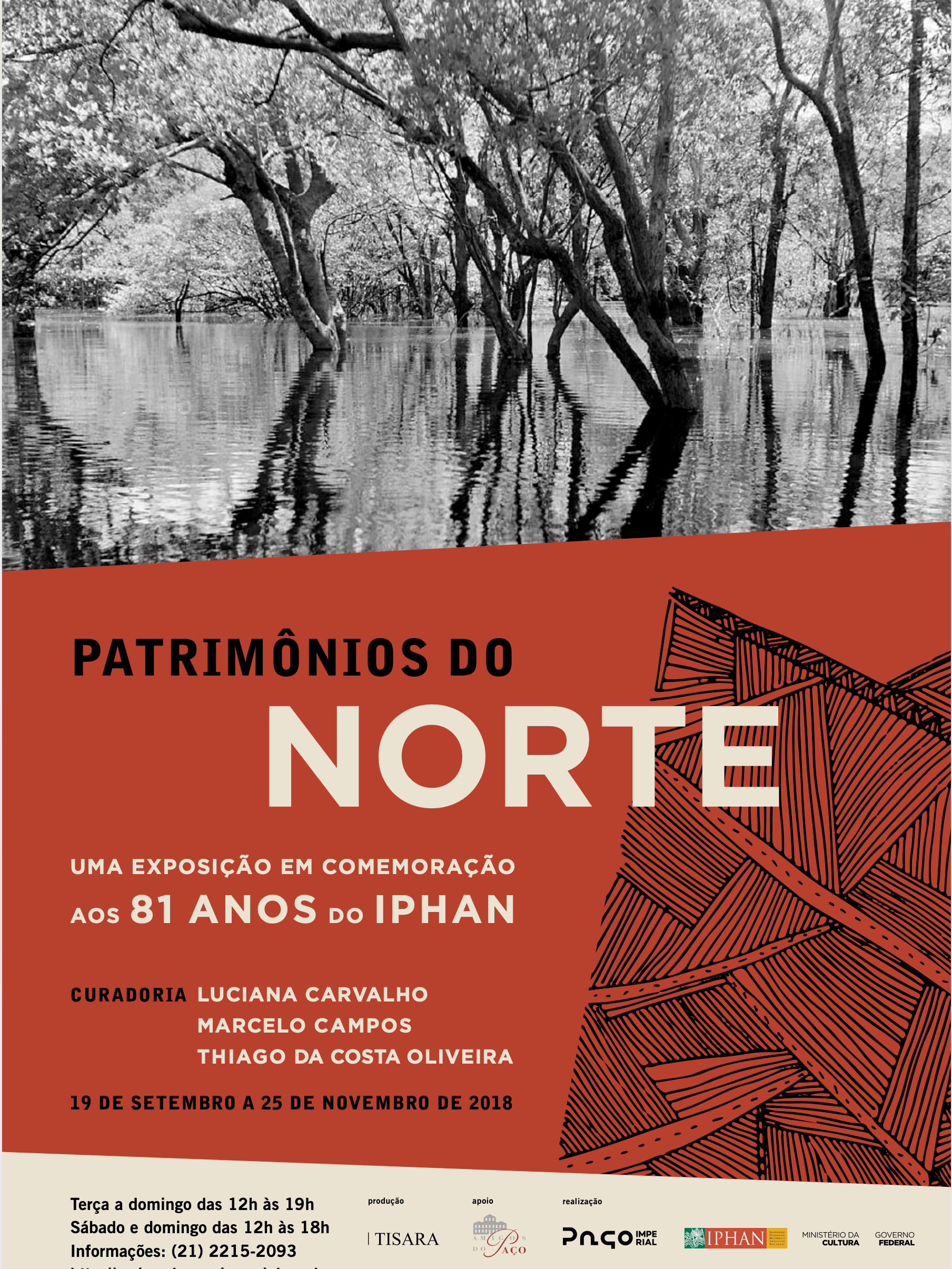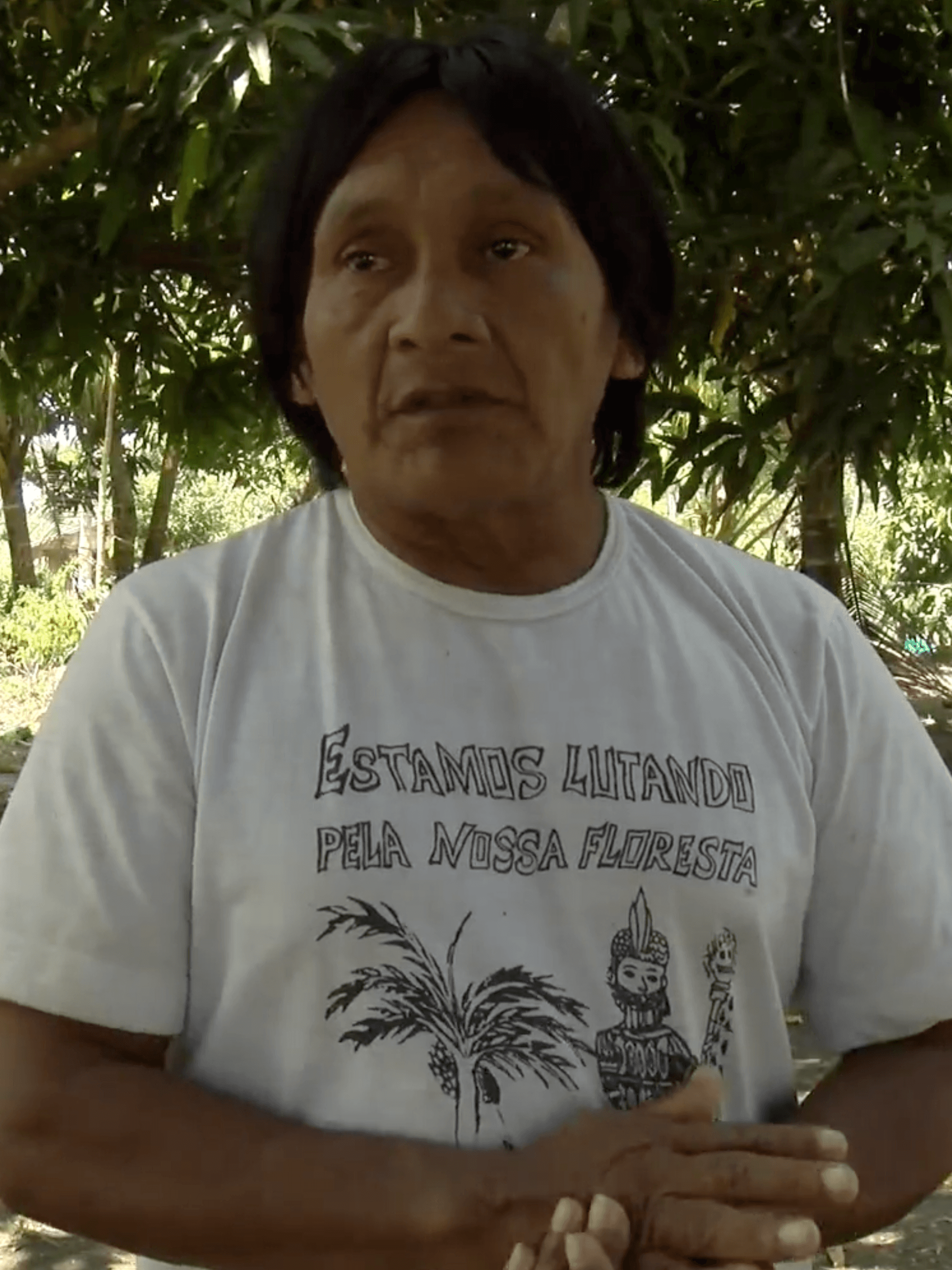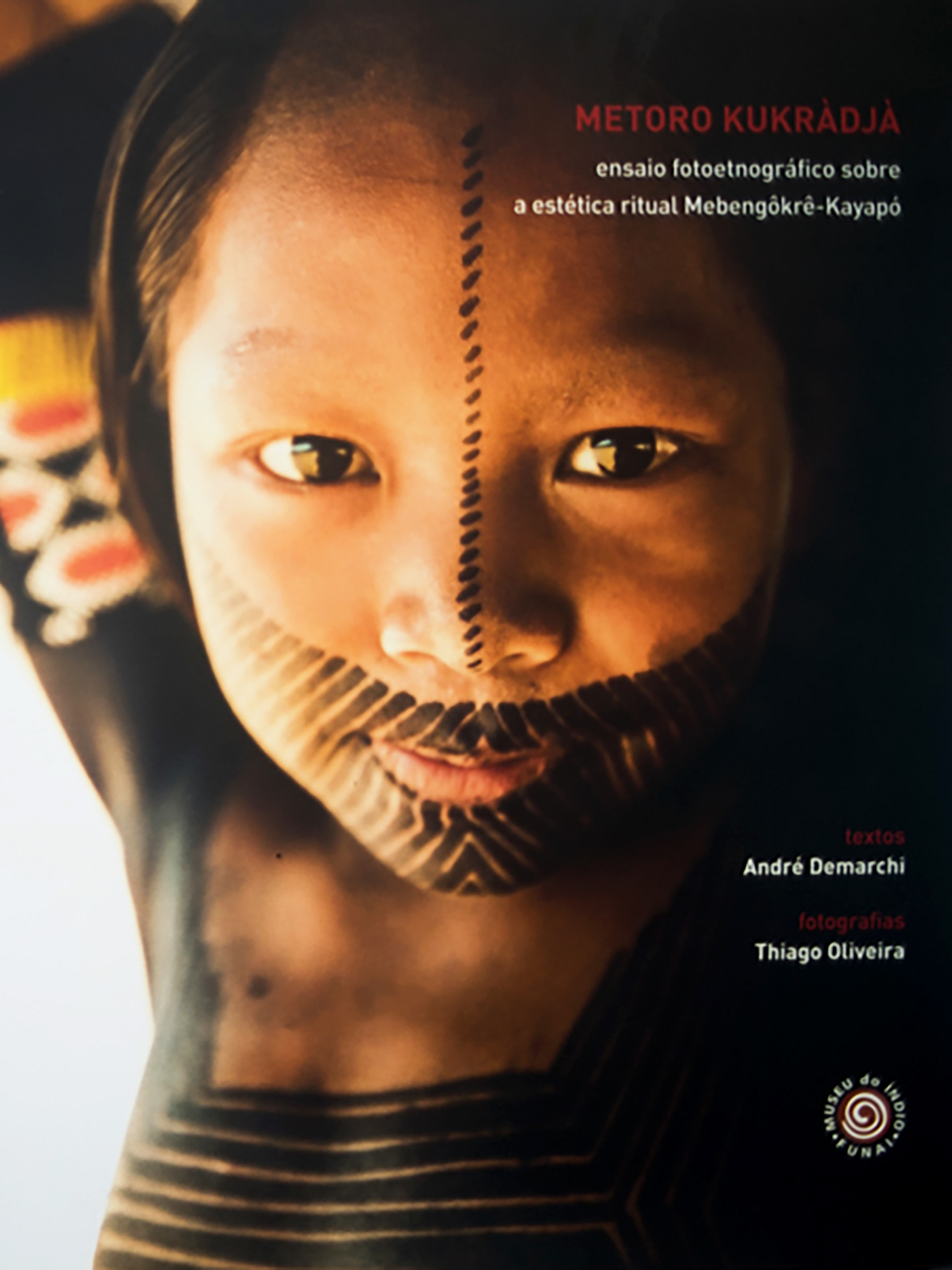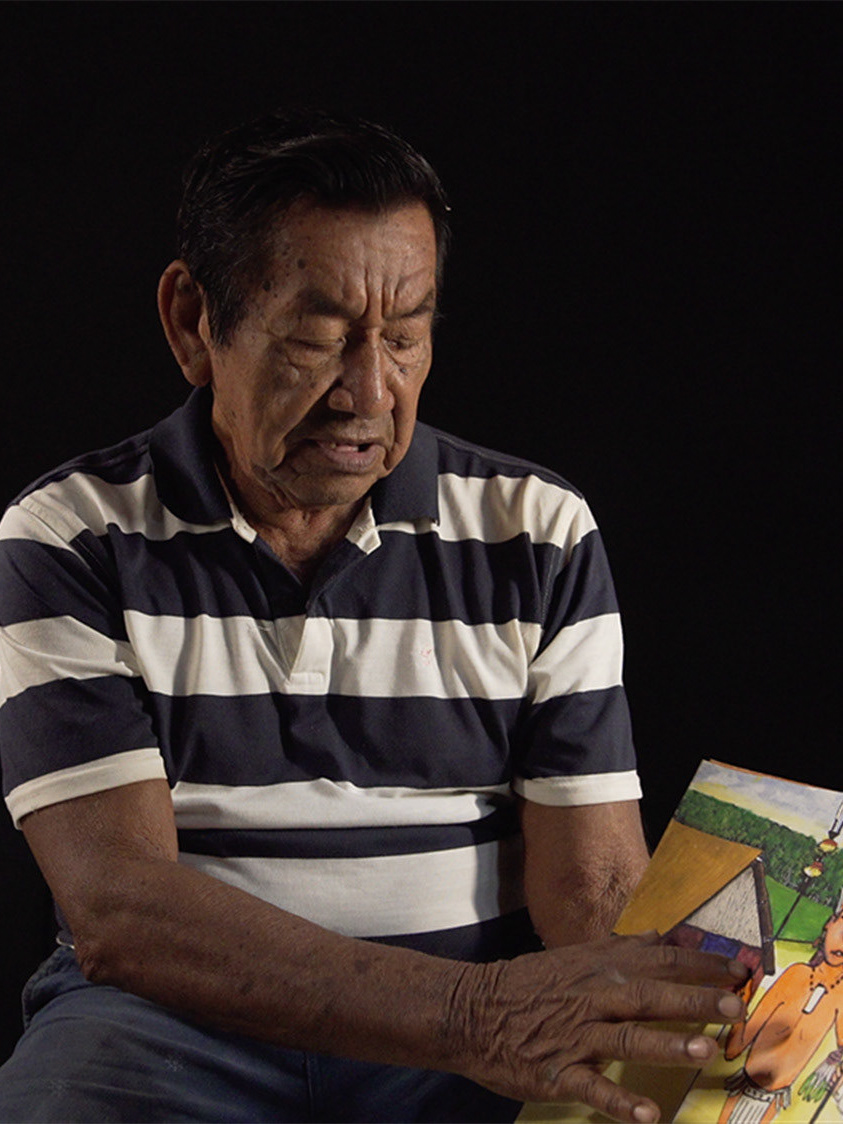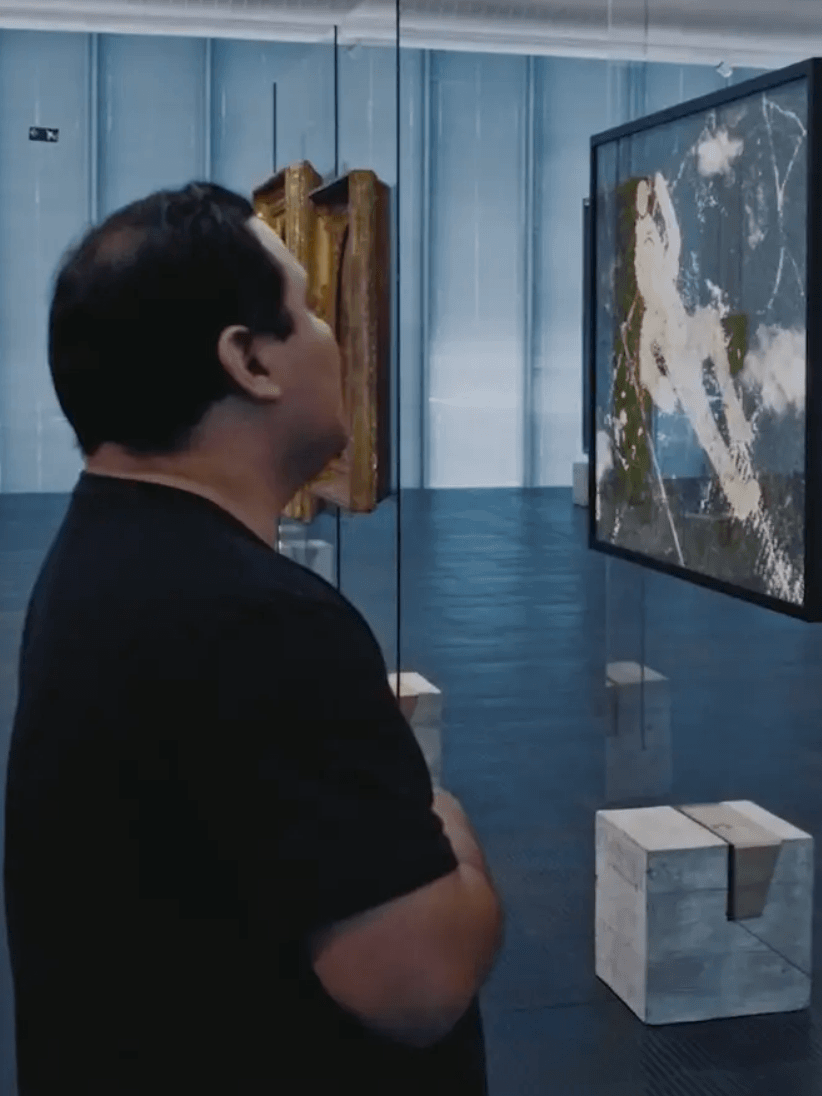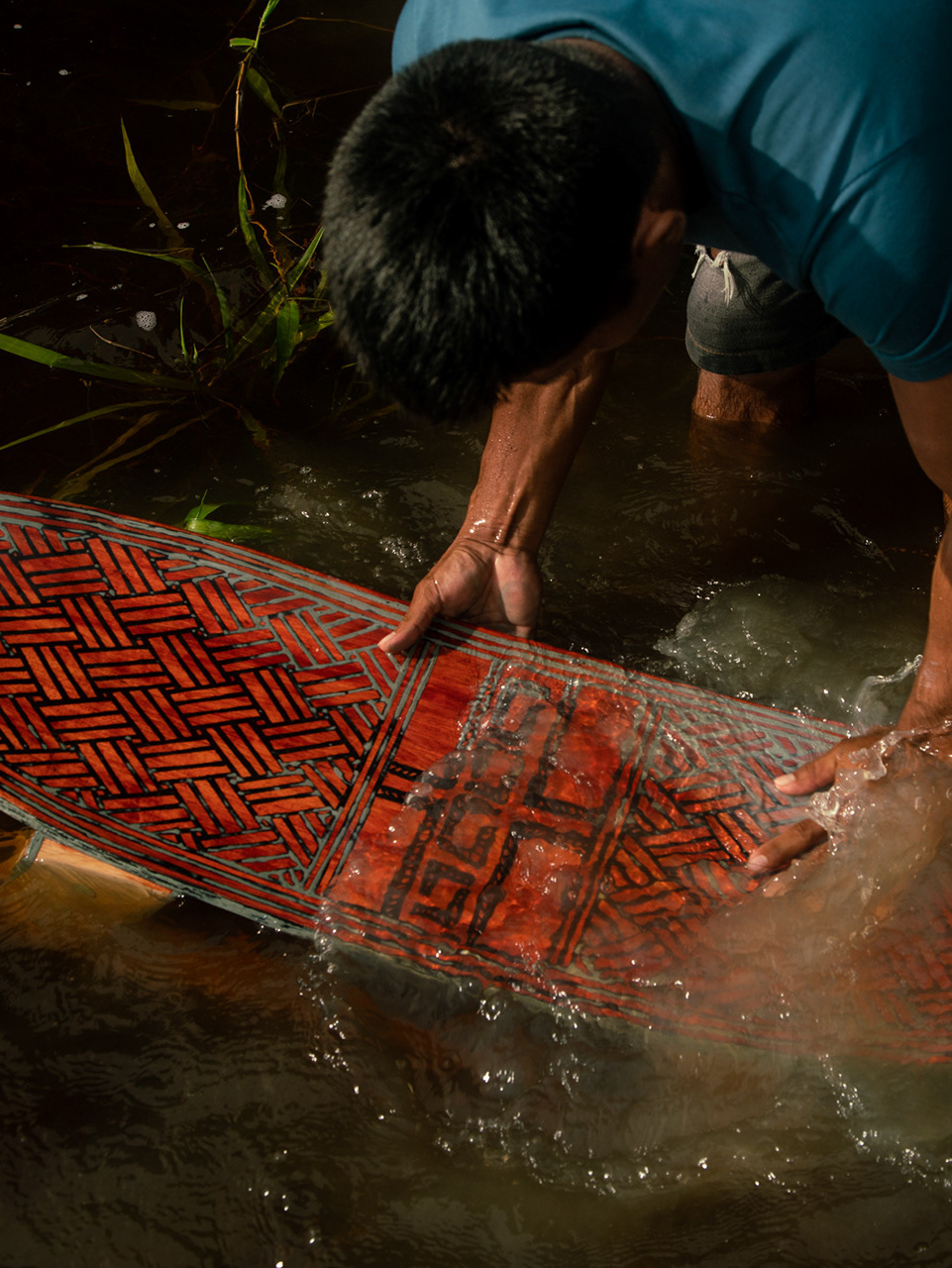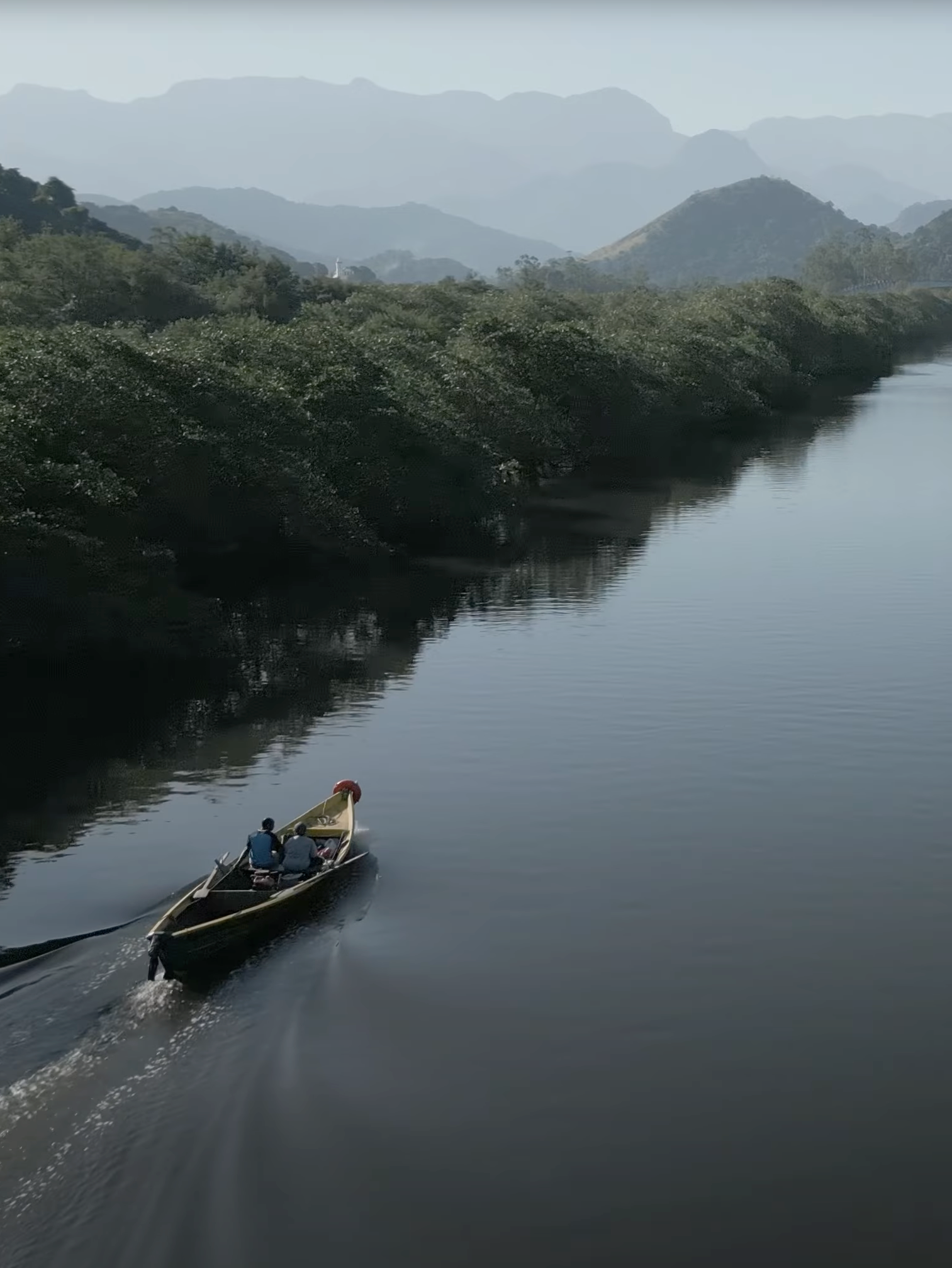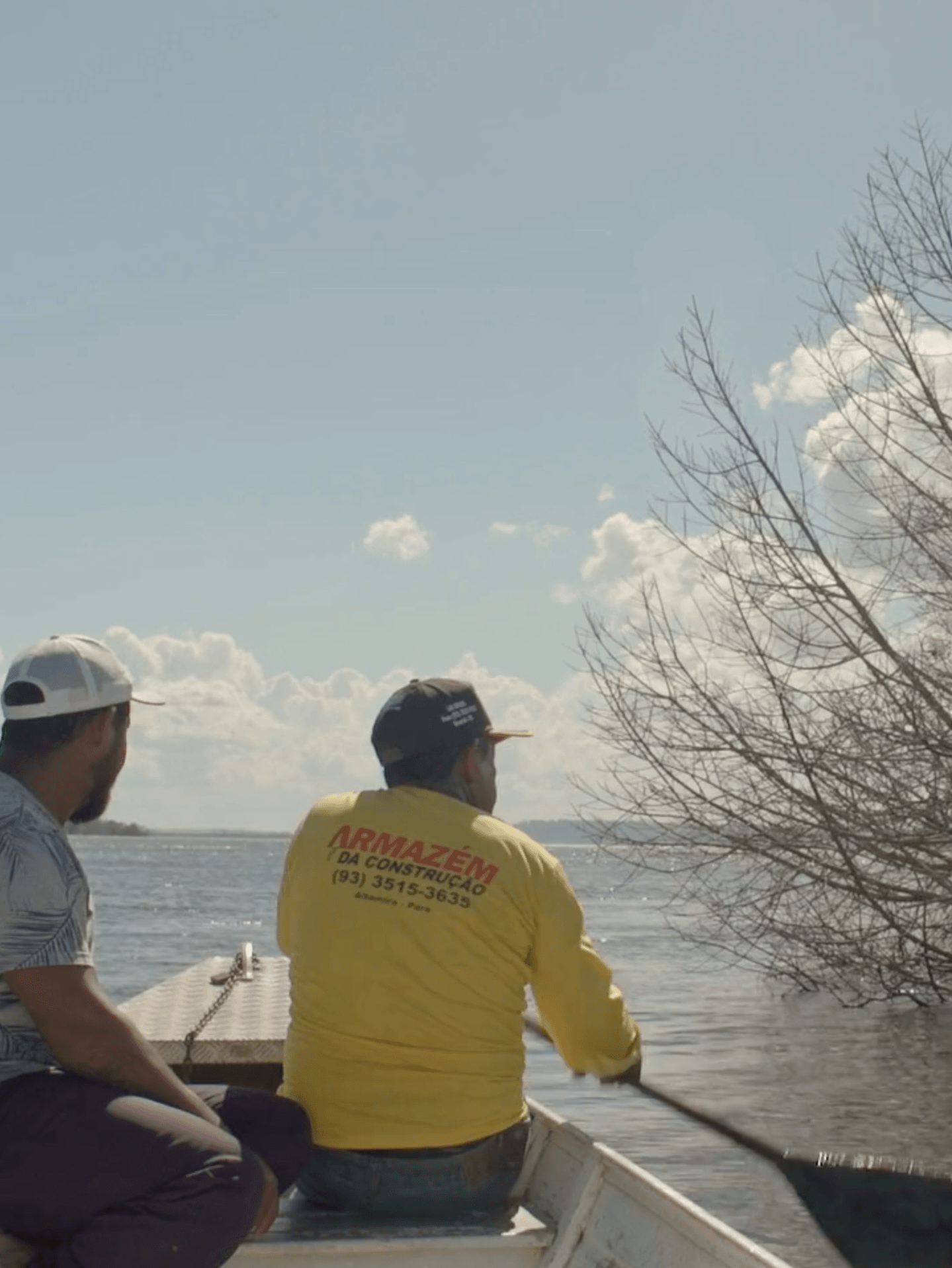The Art of the Baniwa Women - Curatorship, Photography, and Cinematography for the Museum of the Indian - FUNAI - Brazil/UNESCO.
Pottery constitutes an exclusively feminine art form among the Baniwa, passed down from generation to generation, from grandmothers to granddaughters, and from mothers to daughters. Like any art form, ceramics are intricately connected to other aspects of indigenous culture: myths, rituals, artistic and bodily techniques, economic, marital, and ecological exchanges. This art fell into disuse during the second half of the 20th century, impacted by the introduction of industrialized objects and the disruption of Baniwa ceremonial life—a consequence of the conversion to Pentecostal evangelism that affected approximately 80% of this population in the 1950s.
In response to this scenario, aiming to document the dispersed knowledge among some Baniwa women and stimulate the emergence of a new generation of ceramic artists, the Prodocult Museu do Índio-FUNAI/UNESCO conducted a documentation and safeguarding project for the ceramics of this people between 2014 and 2015. This project was carried out in collaboration with the Ucuqui-Cachoeira and São Joaquim do Rio Aiary communities and resulted in multiple products: virtual exhibitions, museum collections, publications, and a short film.
Check the project at the Google Arts & Culture Platform!
The richly ornamented white ceramics serve as a hallmark of the material culture of the Arawak peoples of the Upper Rio Negro, stemming from a set of age-old techniques practiced by the Baniwa women of the Ayari River. These ceramics are integral to the Traditional Agricultural System of the Rio Negro, acknowledged as a cultural intangible heritage of Brazil by the National Institute of Historic and Artistic Heritage (Iphan).
Readers can now feel a closer connection to this experience through the pocket-sized book "Cerâmica Baniwa," made in a collaborative effort between the Federation of Indigenous Organizations of the Rio Negro (FOIRN) and the Socioenvironmental Institute (ISA), the Museum of the Indian, with support from the European Union and Nia Tero.
